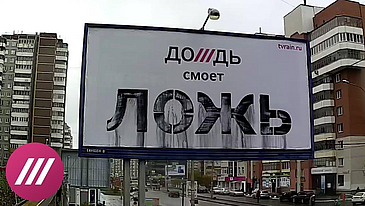Michael Rochlitz presented his paper “Persuasion or Polarisation? Independent Media, Social Networks and Elections” at the IERP seminar series at the University of Bremen on January 8, 2020. The paper is co-authored by Ruben Enikolopov (PompeuFabra/ NES Moscow), Koen Schoors (Ghent University) and Nikita Zakharov (University of Freiburg), and discusses how access to independent information affects voting behavior, in an environment where media are largely captured by the state. To test this question, two randomized controlled experiments during the Russian parliamentary elections were conducted in September 2016 that involved an advertising campaign for the independent Russian online TV channel Rain on social media and a temporary free access to TV Rain to a treatment group. The authors find a polarization effect of independent media, with government supporters showing higher turnout and vote shares for the government party United Russia after the treatment, while government opponents exhibit lower turnout and vote shares for the government party, after the treatment. This effect however seems to be conditional on news being received from social media.

